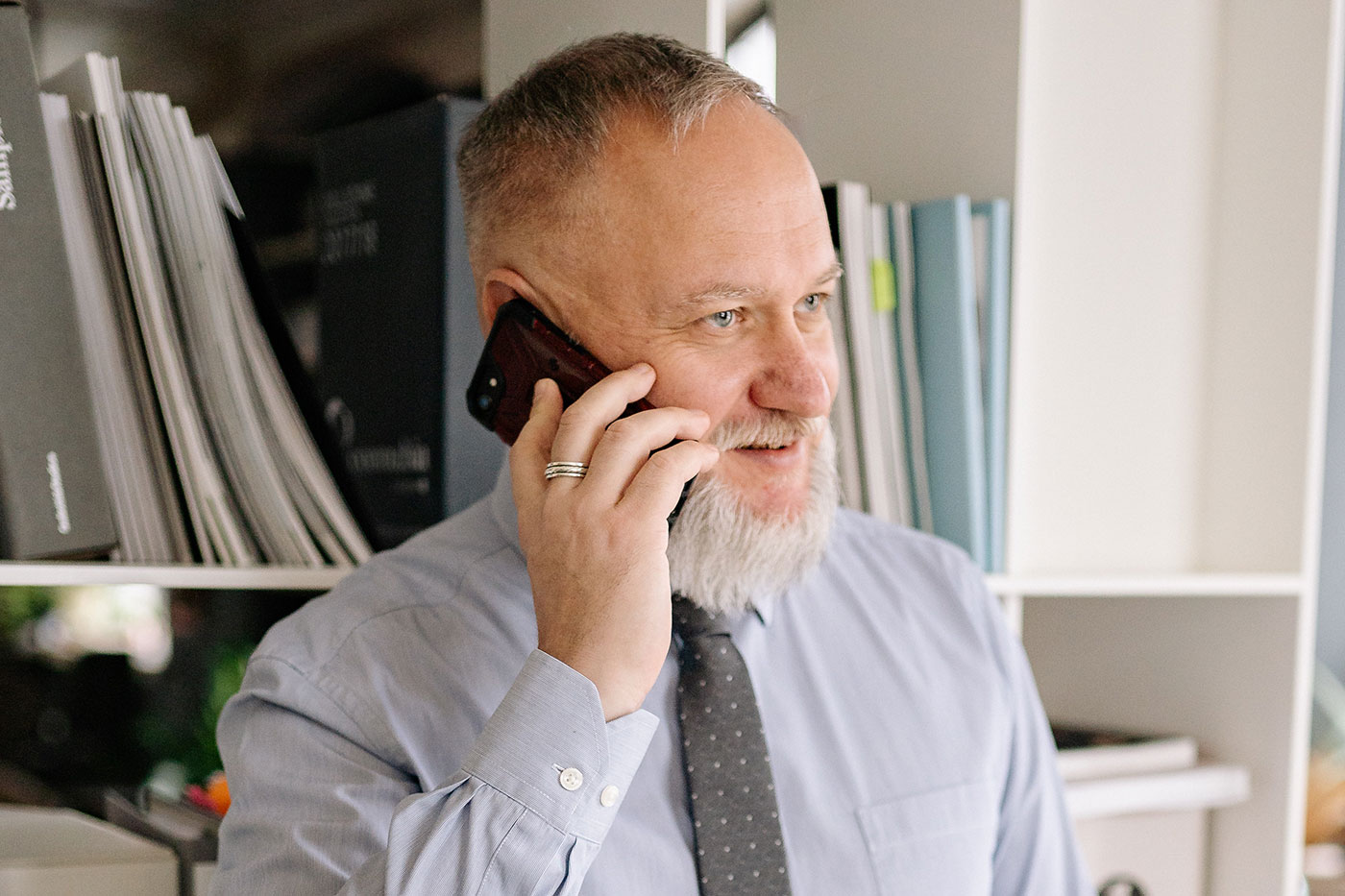
Support
We are here to support you on your prostate cancer journey. We hope that the following suggestions are useful and do contact us if you would like to talk.

We are here to support you on your prostate cancer journey. We hope that the following suggestions are useful and do contact us if you would like to talk.
Receiving a prostate cancer diagnosis can be overwhelming and make you feel all sorts of emotions. It can also affect your family in lots of different ways. Just because you might feel confused, sad or angry does not mean you are not coping with the disease. These feelings are very normal.
At Orchid, we are here to offer support. Our trained and experienced nurses are available to give you advice on our helpline – you can find our contact details here. They can help in a wide variety of ways. Other men have found our publications and videos useful.
You may find that you get all the support you need from your family. However, it can be difficult to talk freely about your concerns when you do not want to cause worry. Counselling is a great way to talk about difficult issues with a trained professional.
Your specialist team or GP should be able to direct you to counselling. For more information on counselling from NHS Choices please click here.
One of the best ways to handle your prostate cancer journey is to attend a local support group. Tackle is an organisation that runs a nationwide network of support groups and you can visit their website here.